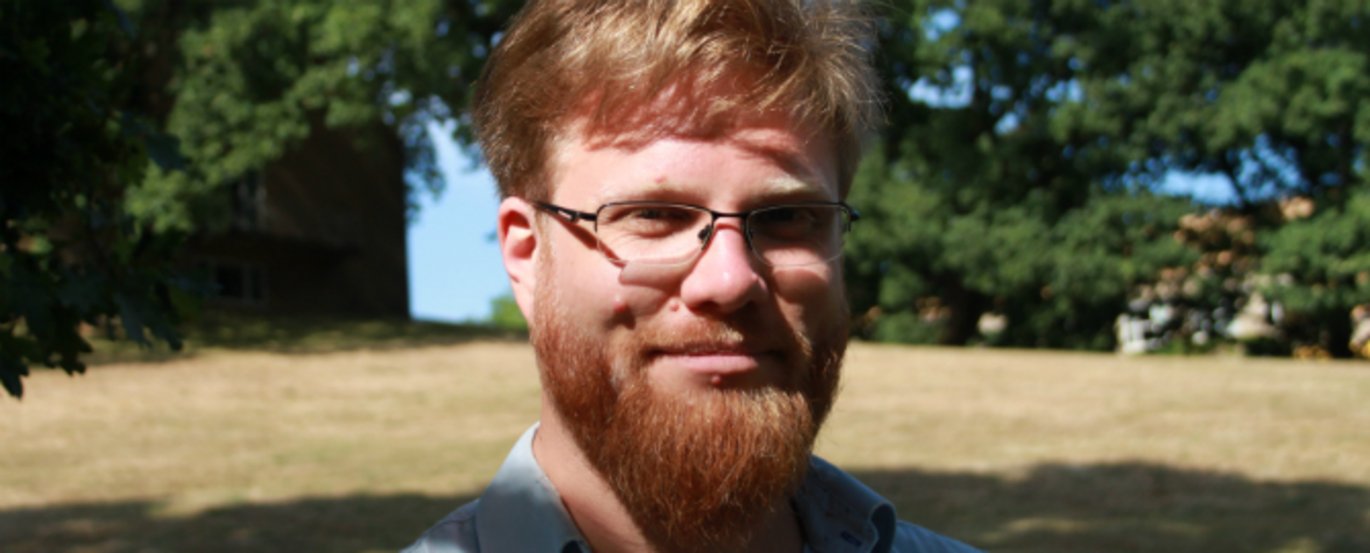DEBATE: Does AU’s management not think their employees are good enough?
In this opinion piece, political science student Esben Andersen criticizes the senior management team’s plans to put cleaning in 51 AU buildings to competitive tender.

Translation: Lenore Messick.
For us students, our learning environment isn’t just created by ourselves and the researchers at the university. The framework for our studies is deeply dependent on the skilled, dedicated technical/administrative employees the university is now intending to outsource. These service cuts and cost reductions will have consequences for our well-being at the university.
From my perspective, the current setup for cleaning works really well. So I’d like to question just what it is the management expects to gain by firing the current cleaning staff and hiring a company that’s not familiar with the university.
READ MORE: The senior management team wants to outsource cleaning in 51 buildings at AU
But the management has made this easy for me by defining three objectives in their competitive tendering strategy that I’d like to comment on.
The management is making two mistakes
The first objective is “a focus on [the university’s] own core competencies”. The management makes two obvious mistakes here. They haven’t realised that cleaning and a decent indoor climate are an absolutely clear prerequisite for the students’ well-being. Both cleaning specifically and the tasks performed by technical staff in general are important for creating good conditions at all levels of the university.
READ MORE: Why don’t you view the cleaners as colleagues?
From my own daily life, I know that cleaning is not just a single simply solved job, and that student-run events alone involve a lot of different considerations and conditions. Even just spelling out all of these special requirements would require a larger administration.
Lower quality, not savings
Another objective is “efficiency improvements and savings”. But this is not realistic. Other upper secondary and higher education institutions have not experienced savings, but rather a loss of quality, and the reason is obvious: When private companies have to perform the same tasks and generate profit for themselves, it either has to cost more than before or quality has too be lower.
READ MORE: Report from a mop bucket: We don’t buy your arguments, management!
As a student, these cutbacks will make our academic environment poorer. But for the affected employees, the cutbacks will hit their wages and working conditions – their lives. Does Aarhus University’s management really want to blacken the name of this institution as a place that willingly accepts poorer living conditions for employees in exchange for service that’s more expensive and lower quality?
Are the employees not good enough?
The third objective is “safeguarding competencies”. Does AU’s management not think their employees are good enough? In my experience, the cleaning staff is skilled and conscientious. If on a rare occasion things aren’t perfectly clean, it’s the exception that proves the rule. The same applies to the other technical staff members I come into contact with.
Aside from the fact that the management’s arguments simply aren’t good enough, there’s also a more important reason to resist the competition narrative. The Danish universities are democratic institutions where employees and students have a right to stand for election and participate in academic and democratic bodies.
Co-ownership of the place where we work and study
Two students, two researchers and a representative for technical/administrative staff who are all elected by students and employees sit on the university board. This ensures both a good democratic decision-making process and that everyone at the university has co-ownership of the place where we spend many hours working or studying. If jobs are subject to competitive tendering and taken over by a private company, these people will no longer be eligible to vote for representatives on the board. Their representation and co-ownership of the university we all share will be removed.
I believe that all students and employees at Aarhus University should have a democratic voice on the board, and that so much of what the university does should originate in the board or other democratic bodies. Does the university really want to be responsible for limiting and eroding democratic rights when we know that it will be lower quality or more expensive, or both, at the same time?

